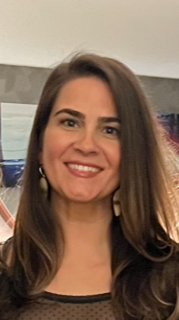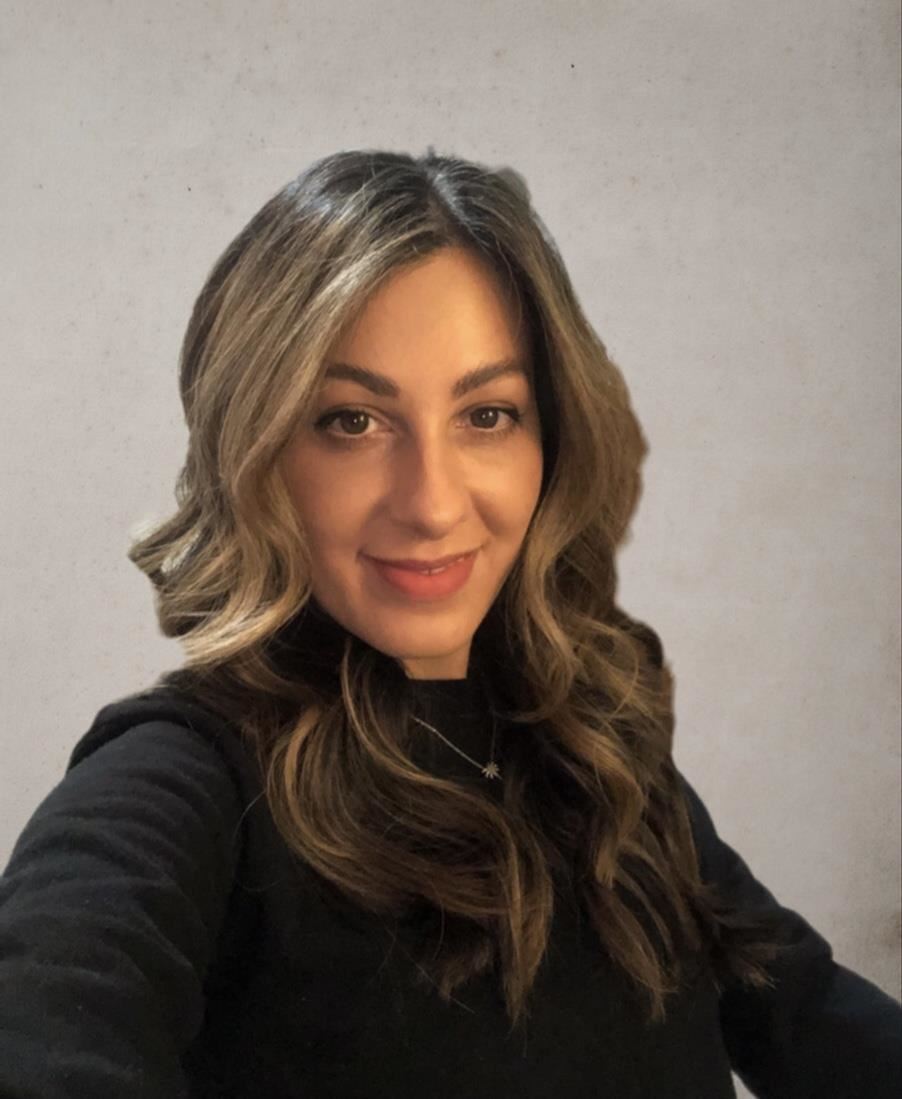-
Robert Morris School No. 18
Teacher of the Year

Phone:
Email:
Degrees and Certifications:
Ms. Angela D. Pereira
Bilingual in-class Support Teacher
My interest in education dates to when I was five years old. I knew on the day I walked into my kindergarten classroom, at Robert Morris School No. 18, in Elizabeth, New Jersey, that I was destined to be an educator. Ms. Conforti, my teacher, was the most skillful, energetic, and heartwarming person, and I knew I wanted to be just like her. Being a bilingual student, I could not understand a word she was saying, but not being able to communicate with her in English did not stop me. Mimicking her at home in the mirror, and role playing “school” with my sister and cousins further confirmed my passion for teaching. As I continued my educational journey, my love for teaching grew stronger. As I grew older, my love for the field of education became stronger. I enrolled in an education course in Elizabeth High School and the course motivated me to pursue my degree in education. In 2007 I received my Bachelor of Arts in Education. Upon graduation, I took a position as a third-grade teacher in Newark, New Jersey. There was an influx of bilingual students and my interest in Bilingual education peeked. I empathized with them, because being an immigrant and English Language Learner (ELL) myself, they reminded me of the difficulties I faced as a student learning a new language. My enthusiasm was further driven after a few students in my classroom did not understand the English language. I returned to school and received my Certificate of Eligibility in Bilingual/Bicultural and ESL Education. The principal of my former school who observed my passion for ELLs placed me as an ESL teacher and I filled the position for a few years. Eventually, my dream of teaching at my former elementary school became reality, and in 2016 I was offered a Bilingual position at Elizabeth Public Schools.
As a Bilingual teacher, differentiation and data-driven instruction are keys to my students’ success. Every classroom is filled with various learners, from all diverse backgrounds with different learning styles. Every child learns differently, and the way that educators deliver a lesson can determine whether a child has understood its objective. When I create a lesson, I think of the different learners in my various groups and how I can capture and retain their attention. I attempt to have a personal connection or story for many of my lessons. When I introduce a new topic, I ask students, “Why are we learning this? How is this going to help us in real life?” I have students discuss this question and think of ways the skill we are learning can be applied to the real world. As a bilingual teacher, I instruct students with various language levels, therefore creating lessons that address all learning styles is important. To reach all learners, I provide them with hands-on learning, partners, and facilitate translation and guided practice. My students learn best from each other and the teacher modeled lessons. I make sure we have meaningful discussions during any skill we learn and provide them with reasoning behind learning all our topics.
Educational Service Professional of the Year

Phone:
Email:
Degrees and Certifications:
Dr. Stacey Perez
Speech Therapist
Speech-language pathology captivated my attention with the fact that not only do they help individuals with communication and language concerns, but also with feeding and swallowing. When I learned that speech-language pathologists worked with infants in the Neonatal Intensive Care Unit (NICU) to prepare them to feed by mouth when they are having difficulty nursing or taking a bottle, and help families promote early communication skills through their interactions with the infant, I was immediately sold. Upon attending school, I also learned that feeding and swallowing services were also provided within the mainstream school system. I thought this was both fascinating and important because many people do not realize that if a student is having difficulties eating, then it can affect their ability to learn, including learning language and communication skills. Learning how malnutrition from a feeding or swallowing disorder can affect these aspects then opened my eyes to the importance of functional communication and language; and these were the factors that influenced my decision to pursue a career in speech-language pathology.
As a speech-language therapist for the Elizabeth Board of Education, some of my job responsibilities include collaborating with teachers and other integral members of the school to help students with a variety of communication disorders such as language, articulation, fluency, voice, and even feeding/swallowing disorders when these disorders affect the education of students. After evaluating and diagnosing students with a language/communication disorder, I determine areas of concern and create goals and a treatment plan to address these specific areas. Once this is complete, appropriate speech-language therapy services are provided. I believe that what makes me an exceptional speech-language pathologist is my empathy and compassion towards students who have difficulties communicating their wants/needs, and who, therefore, have difficulties succeeding in school. I also think that my experience in various settings has allowed me to learn a lot about many diagnoses. These experiences have taught me that the more one is exposed, the more one realizes how much they must learn. Therefore, knowing that there is so much more to learn about communication and language disorders motivates me to keep learning and to implement what I learn. As a result, this empathy, compassion, and motivation to keep learning about the field directly impacts the students I work with because it allows me to connect with them. With this connection, I feel like the students are more likely to be engaged in their therapy services and therefore, learn and implement these important language and communication skills across their academic and social environments.

